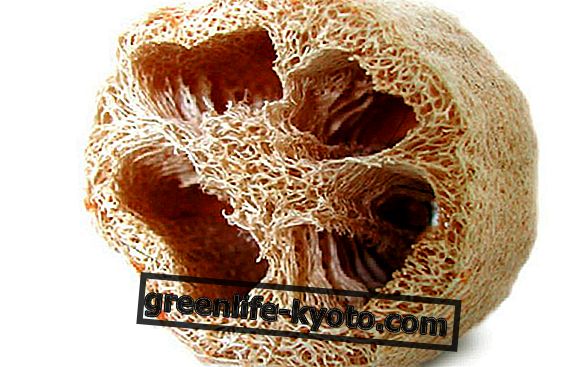Functional medicine is based on mechanisms to regulate stress to stimulate the body and regain balance. Let's find out better.

What is functional medicine
Functional medicine focuses its interest on the so-called " functional disorders " expressed by a subject, emphasizing the cause rather than the symptom. The diagnostic and therapeutic system of functional medicine is based on the mechanisms of regulation and counter-reaction to the stress of living systems, with the intention of stimulating the body to find its natural balance. Functional medicine stems from the desire to place borderline situations in the medical field, sometimes "functional" even for scientific medicine. Every event, physiological or pathological, has a normoreactive functional component that is able to enhance and optimize in order to return to the state of equilibrium. The peculiarity of the functional approach is the prevailing attention to the physiological reactivity and to the self - regulating capacity of the system . The goal is therefore to put the system in a position to recover by itself, compensating for the stressors responsible for the symptoms. Among the mechanisms of regulation of living systems there is neurovegetative regulation (orthosympathetic and parasympathetic system), metabolic regulation (catabolic or anabolic) and cerebral regulation. The focus of functional medicine is therefore the knowledge of the physiological mechanisms of regulation, in order to rapidly identify the right therapeutic protocol to favor the correct performance of the system.
Benefits and contraindications
Functional medicine offers both the doctor and the patient the possibility of having an approach capable of explaining the cause or causes of a health problem, without having to focus on the symptom. Among the positive aspects of functional medicine is the integration of the disease with the understanding of physiology and function, the search for therapeutic interventions proportionate to the extent of the disorder and effective therapeutic protocols in prevention and pathology. In doing so, functional medicine will address the therapeutic intervention towards nutritional support, homepathy and phytotherapy. Another benefit of functional medicine is certainly the search for an integration between medicine and complementary methods, conducted through a scientific methodology in the study of complementary therapies outside of philosophies and schools of thought, proposing a diagnostic and therapeutic model tested for qualify and differentiate the relationship with the patient.
READ ALSO All natural medicines
For whom functional medicine is useful
In functional medicine each patient is unique. For each person, therefore, there is a therapy that can lead them to a state of complete well-being, as well as a series of rules of life that can make them stay healthy. The choice of the specific therapy is provided by the state of the biological system and the function of organ or apparatus on which one chooses to intervene. But functional medicine is aimed at other categories of subjects. There is a cone of shadow, a kind of limbo, made up of subjects who, while not enjoying excellent health, are considered healthy only because they have not yet expressed their problems with laboratory alterations. These individuals are called "healthy for laboratory statistics".
To solve problems related both to organic and functional pathologies, functional medicine uses conventional treatment systems where it considers the non-conventional therapeutic techniques insufficient or ineffective or where the pathological picture makes it necessary. Among the "alternative" approaches most commonly used in functional medicine are definitely acupuncture, osteopathy, phytotherapy, orthomolecular medicine and homeopathy.
The law in Italy and abroad
The use of the English term Functional Medicine in reality is not an esterophilic habit, but emphasizes the need to distinguish the type of functional medicine of reference. In fact, there are several "functional medicines", each with its own wealth of studies and research. This certainly contributes to confusion, even among those in charge. Most Italian functional doctors refer to the German school, which is rich in scientific studies on the bioenergetic, homeopathic and homotoxicological side. For conventional Italian medicine, that of the mutual and of the hospitals for instance, the term "functional" is connected exclusively to diseases without symptoms, psychosomatic or even imaginary.
To spread the functional approach in Italy there is the activity of SIMF, the Italian Society of Functional Medicine. The SIMF, in fact, works to promote research, development and dissemination of new therapeutic solutions and diagnostic procedures related to functional medicine through information, communication and training towards the medical profession. It is possible to undertake a three-year specialization course and then further specialize in master and seminars.
Curiosities about functional medicine
The term functional medicine is relatively recent, having been coined in 1987 by Dr. H. Schimmel. The functional adjective here refers to the entire medical baggage accumulated from the beginning of this century, used with an "integrated" view of health and illness. Functional medicine has thus made it possible to integrate orthodox medical-scientific knowledge with complementary traditional medicines, becoming over time a bridge between medicine and the so-called alternative methods.













